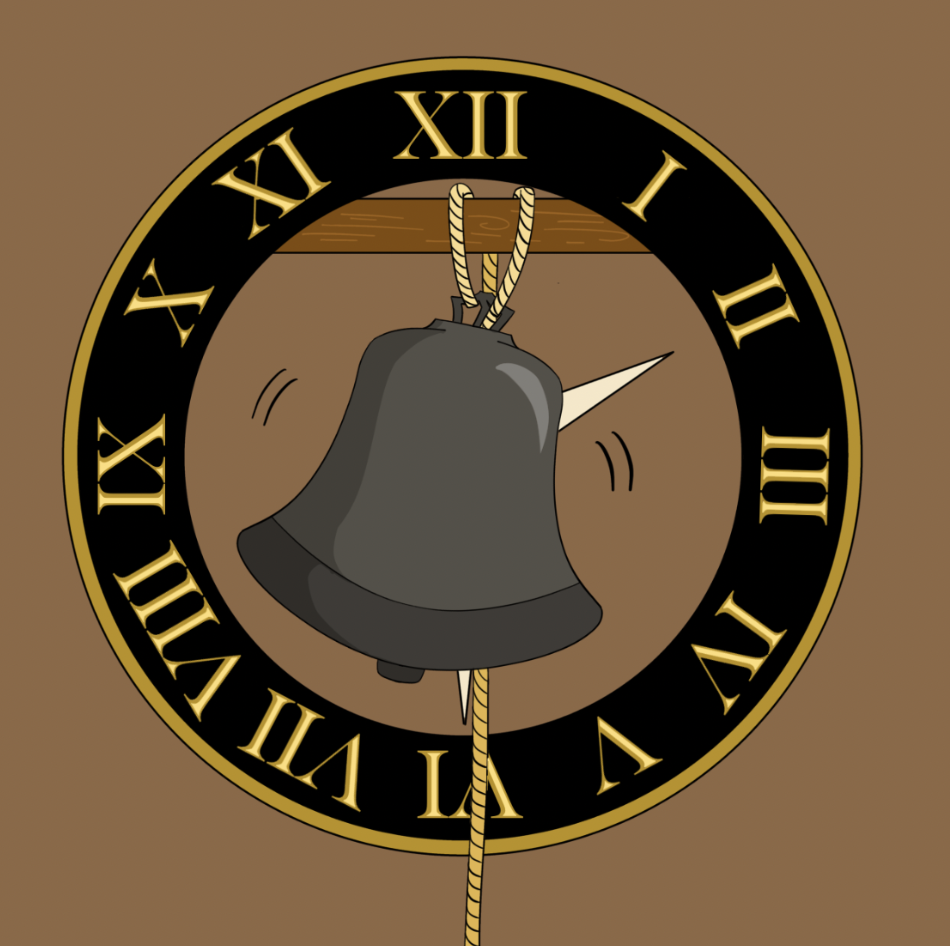Nestled cozily in the heart of Groton School, St. John’s Chapel stands as a testament to our enduring affiliation with the Episcopal tradition, which began with the founding of Groton nearly 150 years ago. The influence of this religious tradition, however, has gradually become less pronounced and increasingly nominal amid trends of religious disaffiliation all throughout the world. The approach to spiritual learning has also adopted a relatively secular framework. The waning of Groton’s Episcopal heritage begs the question: Is it time to disaffiliate from Episcopal tradition? But as students seeking to address this question, we should consider the consequences of forgoing religious literacy and cultural identity.
Groton’s commitment to the Episcopal tradition runs deeper than its religious studies, Christian celebrations, and chapel; it is ingrained in Groton’s identity and inseparable from its mission, guiding philosophies, and educational environment. This long history of religious tradition is reflected in Groton’s architecture, customs, and motto: Cui Servire est Regnare (“to serve is to rule”). Though the curriculum and school-wide policies have been revised to encompass a broader range of perspectives and faiths, the essence of Groton’s spiritual legacy remains. Separation from Episcopal traditions entails the abandonment of 150 years of rich, religious ethos and the realignment of Groton’s core values and practices. St. John’s Chapel would lose much of its spiritual significance, as would the numerous other references to Groton’s Episcopal affiliation all around campus.
When asked about the importance of our religious affiliation, Groton’s very own Episcopal priest and history teacher Chaplain Allison Read noted how the trademark of Episcopal School’s approach to spirituality is intentional encouragement of pluralism, particularly in a community of students from all social, economic, and cultural backgrounds. She believes that Groton’s Episcopal affiliation represents more than just 150 years of history; rather, it is an emblem of Groton’s unwavering commitment to cultivating religious literacy and spirituality within its student body.
At Groton, the emphasis on religious awareness takes the form of mandatory religious services, sacred-text integrated courses, and chapel attendance. These elements of Groton life make the importance of spiritual life glaringly obvious. Religious disaffiliation would accentuate a deprioritization of religious consciousness, undermining the importance of theology within the eyes of the community. Sunday service would be optional, chapel made strictly non-denominational, and Religious Studies lost. In classes, the existential impact of religious doctrines and their teachings would be played down and diffused. However, because Religious Studies is so correlated to other disciplines, it cannot afford to be stripped of its merit within the curriculum. For instance, the study of medieval Europe is acutely incomplete without the study of Christian theology and how it influenced rationale at the time.
Safeguarding Groton’s Episcopal tradition is to carry on its rich, cultural legacy and to ensure that its students become well-versed in theology, a field that is particularly powerful at elucidating conflicts that have arisen all throughout the world. If one of Groton’s educational goals is to produce global citizens capable of independent thought, the continuation of the Episcopal tradition is vital in approaching that intention.








